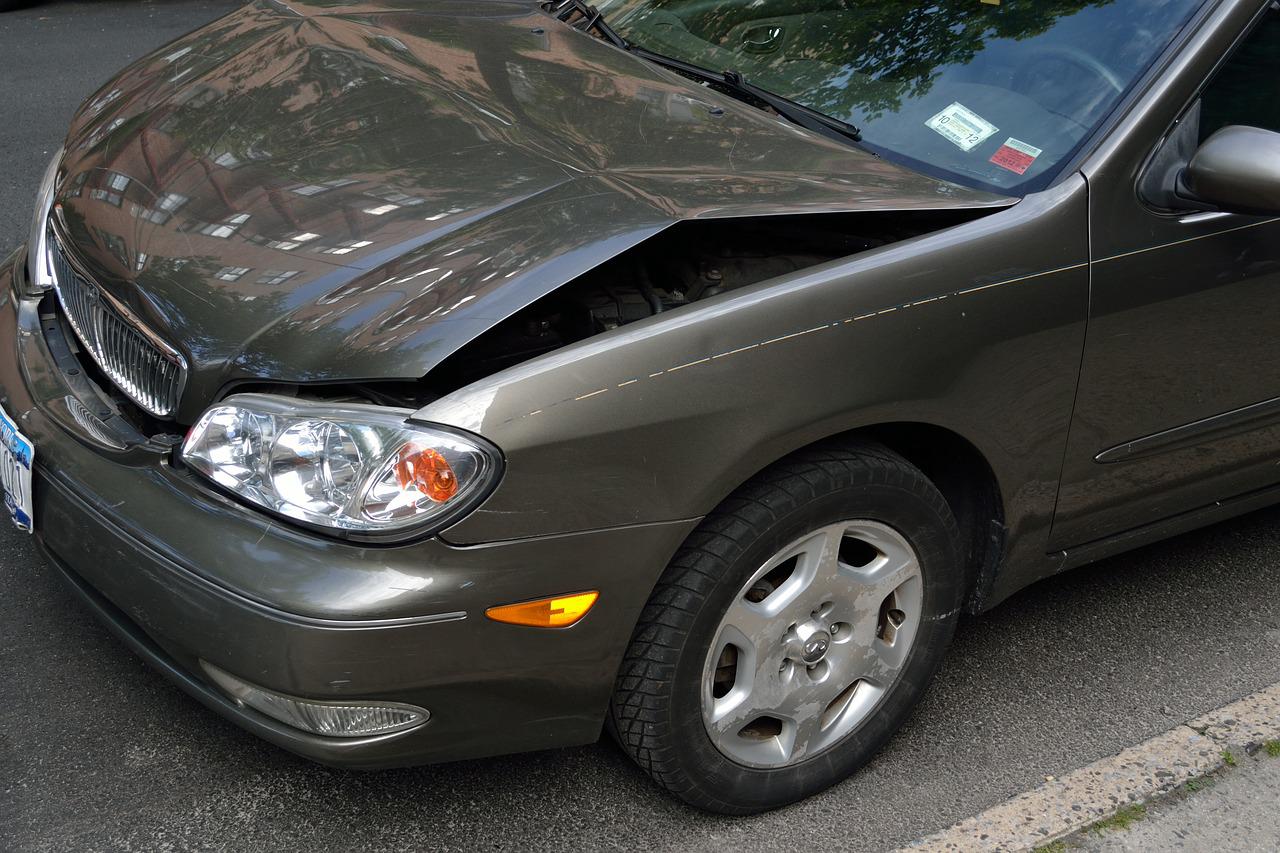Car Warranty vs. Insurance: What’s the Difference and Do You Need Both?
You probably depend on your car for a lot. Whether taking you to and from work or the grocery store or pulling double-duty as a rideshare, your car is a primary means of travel. It's also costly, so if something happens to it, you rely on insurance or a warranty to cover repairs.
But what's the difference between a car warranty vs. insurance, and do you need both? Let's look at the features of these options and how they protect your vehicle.
What Is a Car Warranty?

Car warranties cover replacement parts and repairs for your vehicle if a component fails. Manufacturers typically include a warranty on new automobiles for a specific time period or mileage limit. You can also purchase car warranties through dealerships or from specialty companies that sell them.
Parts covered under a warranty vary widely, so it's important to read the terms carefully. That said, a new car warranty usually includes the engine, transmission, and infotainment system. General wear and tear (like replacing worn-out tires) won't be covered.
What Is Car Insurance?
Car insurance pays for vehicle repairs or replacement if an accident occurs. It's available for purchase through insurance providers. All states require drivers to carry car insurance before getting on the road, but coverage minimums vary.
A few types of car insurance include liability, comprehensive, and collision coverage. You might hear a policy that combines all three insurance types referred to as "full coverage."
Some states require drivers to hold personal injury protection (PIP), medical payments (Med Pay), and uninsured/underinsured coverage. PIP and Med Pay cover medical expenses if you're in an accident, while uninsured and underinsured coverage acts as a bridge to cover excess costs that an at-fault driver's policy won't pay for.
Key Differences Between Car Warranties and Car Insurance
What's the difference between car insurance and warranty coverage? The biggest distinction is when they're used. Insurance kicks in when you're in a collision, while warranties cover part replacements when something stops working on your vehicle.
| Car Insurance | Car Warranty | |
|---|---|---|
| Purpose | Protects you financially if you're involved in an accident | Pays to replace broken vehicle parts, especially those caused by mechanical defects |
| Coverage Types |
|
|
| Legal Requirements | Legally required in all 50 states, plus Washington, D.C.; each state sets its own minimums and coverage requirements. | No legal requirement for a driver to have a warranty on their vehicle |
Do You Need Both a Car Warranty and Insurance?
You need car insurance if you plan on operating a vehicle. Almost every state mandates liability car insurance with specific minimum limits. Depending on where you live, you may also need PIP, Med Pay, or underinsured/uninsured insurance. Banks typically require drivers to carry collision and comprehensive car insurance until paying off the vehicle. Then it becomes optional.
Warranties are less cut-and-dried. All new cars come with a manufacturer's warranty. It's priced into the vehicle's purchase amount. However, dealerships may allow you to buy an extended warranty at the time of sale, which lengthens its coverage.
Used cars include the vehicle's original manufacturer's warranty until it expires. Some dealerships may offer an additional warranty for a price. But check the terms — some dealers exclude specific parts, or only provide coverage for a short timeframe.
How Much Do Car Warranties and Insurance Cost?
The price for a car warranty vs. car insurance depends on a few factors. New vehicles include a "free" warranty, but purchasing the extended version may cost hundreds or thousands of dollars. Buyers usually have a limited time to buy the warranty from a dealership. Once the window closes, you'll need to look for a third-party provider that offers one.
Insurance varies based on how much coverage you need, where you live, your driving and claims history, and vehicle type. Expect to pay less for basic coverage that meets state limits. A full coverage policy may be double or triple that cost.
When Do You Use Car Insurance vs. Car Warranty?

Let's look at two scenarios where insurance or a warranty comes in handy.
Say you're driving your car and unintentionally sideswipe another vehicle when switching lanes. The accident results in severe damage to the other driver's vehicle. Your car insurance policy pays to repair their vehicle. And if you have collision coverage, your policy pays to fix your vehicle, too.
You'd rely on your warranty if something stops working on your vehicle. For instance, assume your car's air conditioning stops working in the heat of the summer. The warranty might pay to fix the air compressor if it's included in your coverage.
Get Customized Car Insurance Quotes Today
EverQuote helps you find affordable car insurance, whether you need a basic policy or one with full coverage. Try our free service to get customized quotes from major insurance companies. It just takes a few minutes, and it may save you money!



